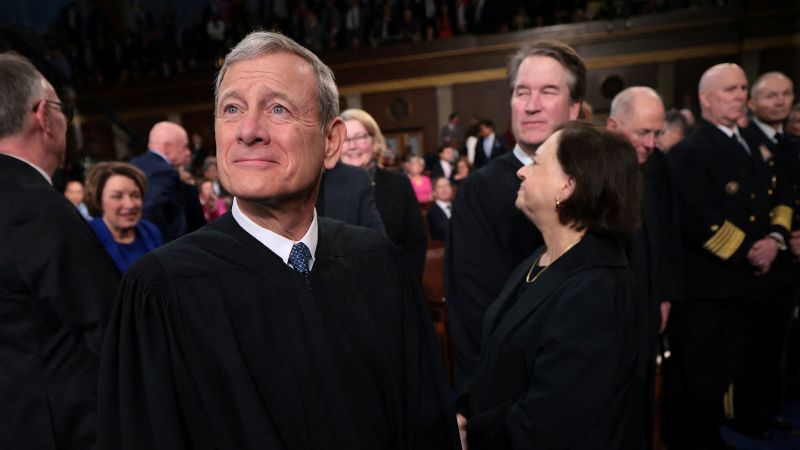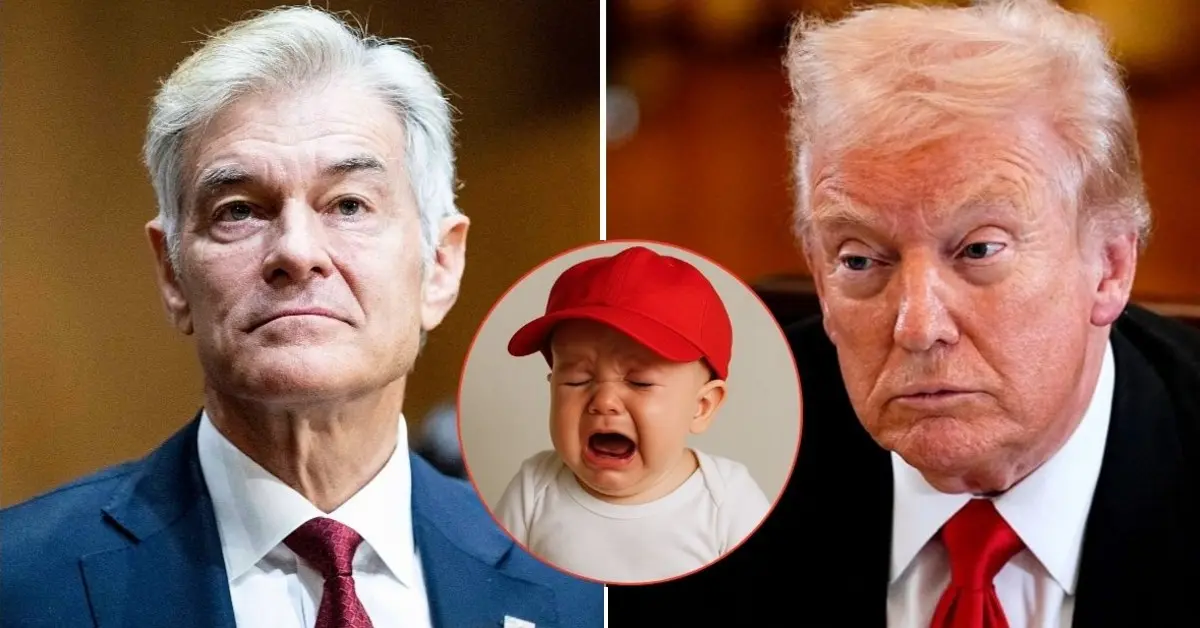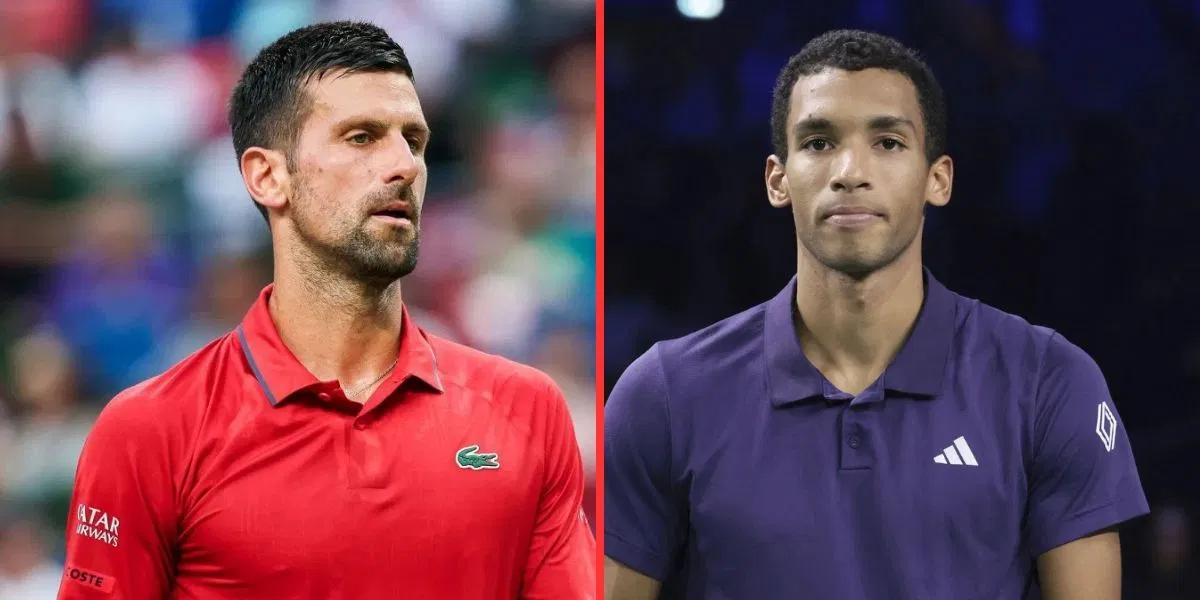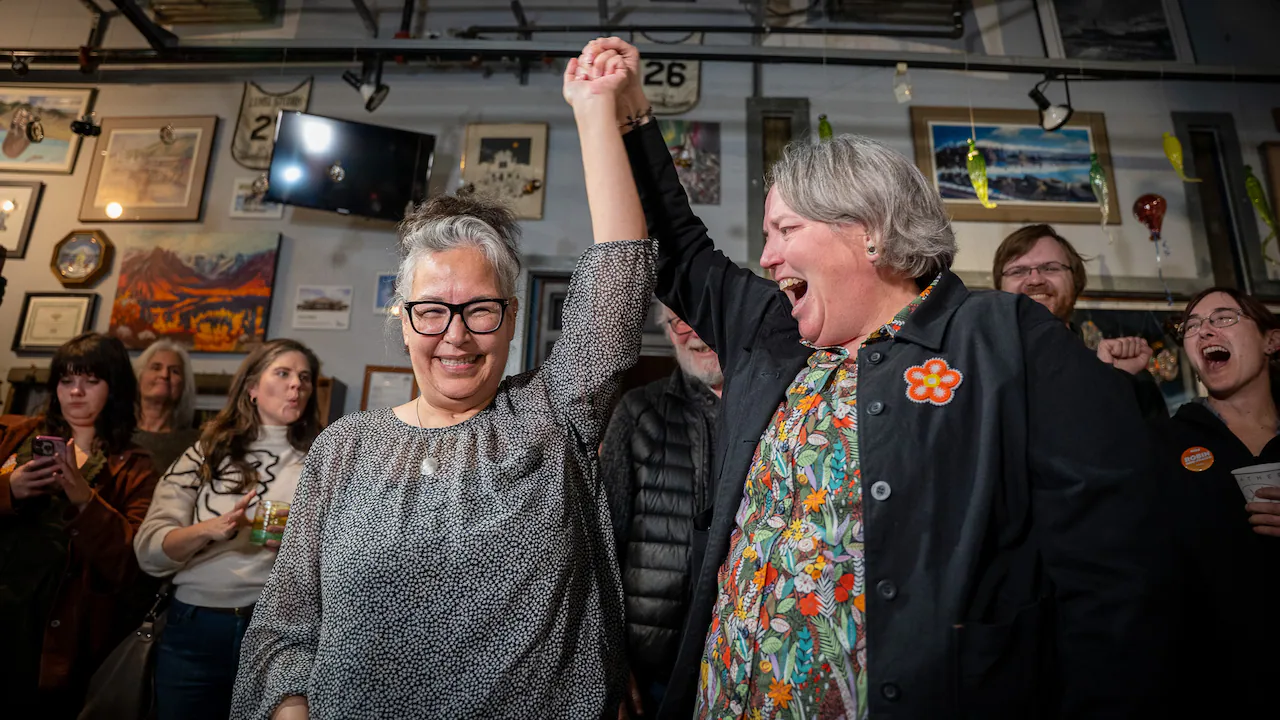Copyright Cable News Network

A version of this story appeared in CNN’s What Matters newsletter. To get it in your inbox, sign up for free here. In a case where Chief Justice John Roberts stares down a president’s signature agenda item, the decisions can hinge on what Roberts sees as a tax. That’s what happened with the Affordable Care Act, or Obamacare, when Roberts shocked conservatives and Republicans by upholding the law and its since-repealed requirement that people must pay a fine, or a tax, if they did not buy health insurance. Now Roberts is faced with Trump’s tariffs, which are obviously a tax, but which the president says are a tool. Unwinding the tariffs, Trump warned in a wee-hours social media post Tuesday, could cost the government trillions of dollars. It was both an indication of the pressure justices are under with this case and a reminder that Trump unilaterally raised taxes by imposing tariffs. He has also suggested a possible $2,000 rebate for US taxpayers. When the Supreme Court heard oral arguments last week in a challenge to Trump’s sweeping use of emergency powers to impose taxes on nearly all imports, Roberts’ view of taxes came up. I talked to CNN’s Chief Supreme Court Analyst Joan Biskupic about the arguments and how the justices will approach a case that touches nearly the entire US economy and tests the plain language of the Constitution. Our conversation, conducted by phone and edited for length and clarity, is below. Does Roberts think tariffs are a tax, too? WOLF: The thing that struck me about the oral arguments is that the tariff case could ultimately hinge on whether Chief Justice John Roberts believes tariffs are taxes. It made me think of Obamacare, the law that Roberts saved, in part because he deduced that the individual mandate was a tax. Is that a good way to frame this? BISKUPIC: There are some parallels with the two major presidential initiatives, Obama’s in 2012, and Trump’s now. And there are some parallels with the word “tax.” But let me give you some context that will help you decide whether there is more to this case than just saying a tariff could be a tax. There are several cross-currents here, and we’re not sure what will be overriding for the justices. For example, we heard concerns that the president was usurping congressional power. In the opposite direction, we heard concerns about inhibiting the executive’s power over foreign relations. Will Roberts try to strike down Trump’s tariffs? WOLF: If Roberts views tariffs as a tax, does that suggest he will oppose Trump’s actions since the Constitution gives Congress the power to tax? BISKUPIC: Roberts said plenty during the Q and A suggesting he does view tariffs as a tax. But that isn’t the end of things. As he said at one point: So the tariffs are a tax and that’s a core power of Congress. But they are, and I’m going to quote him, “a foreign-facing tax.” And he went on to tell the lawyer for the challengers, “Foreign affairs is a core power of the executive. And I don’t think you can dismiss the consequences.” So being able to label these tariffs as a kind of tax doesn’t mean they will definitely be struck down. During the Q and A, there was also some question of whether the tariffs could be compared to licenses, which could have more regulatory breadth than a pure income-generating tax. Did Congress give away its power over tariffs? WOLF: I was a little surprised there wasn’t more discussion during oral arguments that the Constitution specifically gives Congress the authority to impose tariffs. Why not? BISKUPIC: Congress can cede some of that power through legislation. And the question is: Did Congress give certain tariff power to the president in the IEEPA (International Emergency Economic Powers Act)? Usually, tariff authority is specific, carefully delineated by Congress. But the IEEPA doesn’t even mention the word “tariff.” The Trump administration argues that the IEEPA language relating to the “regulation” of “importation” is broad enough to cover tariffs. Lower courts disagreed. Will the Court be thinking about its own image? WOLF: These tariffs are a major part of Trump’s agenda that he promised during the campaign. The scale of them means they touch much of the US economy. To what extent are the justices likely to be talking about the scale of it, and whether deference should be given to the president because of the election? Are they going to be mindful of the external context? BISKUPIC: In some cases, the external becomes the internal. Issues related to executive power weigh especially on this conservative majority. And the court has ruled over time, not just in today’s conservative era, that a president has broad authority when it comes to foreign affairs. So that’s in the atmosphere, as well as the fact that this is a signature initiative of the president. Just as was the situation with Obamacare. So whatever the court does will be viewed as either a major stamp of approval or a major rejection. And I don’t think you can discount that the justices are concerned about whether people have confidence in the court, that it is not simply a tool of the administration. All these factors make this a very close case. I think many of the justices, especially the chief, are mindful that there’s this public narrative that the court is always siding with Donald Trump. Now, they don’t like that narrative. They don’t believe that narrative. But it’s there. I’m not saying these factors would be decisive, but I don’t think we can discount them. WOLF: Justices have talked about their concerns over safety. Do you think that they are afraid or intimidated at the thought of crossing Trump in a big way? BISKUPIC: No. I don’t think so. Just to break down the nine: I think we’ve got three justices who are going to be with him on this tariff dispute: Clarence Thomas, Samuel Alito and Brett Kavanaugh. Solidly against him on this issue seem to be Sonia Sotomayor, Elena Kagan and Ketanji Brown Jackson. In the middle would be the chief and Justices Neil Gorsuch and Amy Coney Barrett. I don’t think any of the three worry about crossing Trump, as you put it. And you mentioned safety. I’d say that is a general concern across the judiciary, but these justices have full-time security. Frankly, it’s the lower-court judges who have more real fears about safety. They’re on the front lines and unaccustomed to being so much in the public eye. And I do not think any of the justices feel like they can’t vote a certain way because they’re going to draw out President Trump’s wrath. In many cases, they’re with him anyway. That’s the bottom line for this conservative supermajority court. They are very much aligned with Donald Trump on the law. Roberts will likely try to build a coalition WOLF: What are you expecting from the decision? BISKUPIC: I think the chief, with a case of this magnitude, will want to write the court’s opinion. Going into the case, the momentum was with the challengers because of how lower courts ruled. And maybe the justices are going that way, too. But remember we saw only a glimpse of their views in oral arguments. They’ve taken a private vote by now and are beginning negotiations that will take months. As I said, there are cross-currents here. I don’t necessarily think votes will shift. But with Obamacare, the chief made multiple vote switches. So it ain’t over till it’s over. Roberts changed his mind on Obamacare WOLF: Why did he change at the last minute? BISKUPIC: In the beginning, he was with fellow conservatives to strike Obamacare down under the Commerce Clause. But then he decided he could uphold it under Congress’ taxing power. This is why you made a connection between this case and that one on the word “tax.” A bigger majority is better WOLF: That’s interesting that they have to negotiate with each other to get to something they can all agree on or a majority will agree on.



